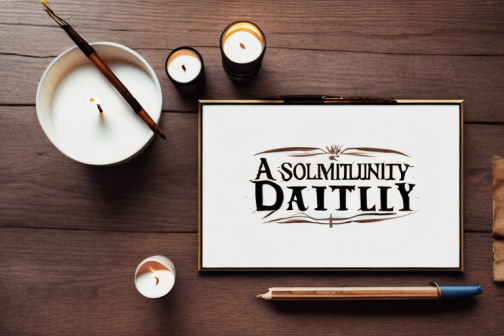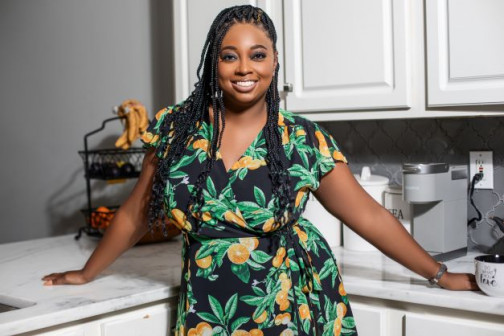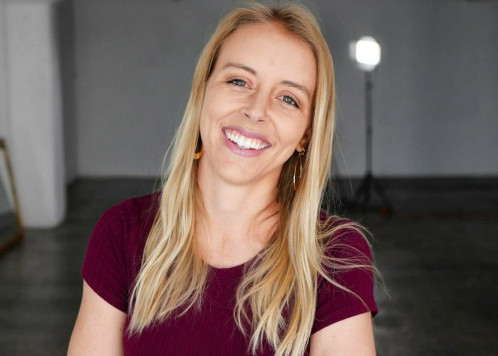End-of-life conversations are among the most important discussions we can have with the people we love, yet they remain some of the most avoided. Research consistently shows that families who talk openly about death and funeral wishes experience less anxiety, fewer regrets, and a stronger sense of peace when the time comes. This is one daughter's story of breaking through the silence.
The Cost of Avoiding the Death Conversation
As I was growing up, when it came to intimate or difficult topics, we weren't a very open family. I had girlfriends who couldn't wait to ask their moms for love advice—not me. I was the teenager who used to stare down at my phone, pretending not to notice the obvious sex scene on TV.
But sex wasn't the only taboo conversation—money and health were off the table too. I grew up often hearing, "That topic is on a need-to-know basis and you don't need to know." For the most part, this worked for us.
The problem arose, however, when my father became terminally ill. He struggled with addressing his health and so did we. Even as he lay in a hospital bed with IVs attached to both arms, we spoke about sports, school and my social life—all the good things. The only time he ever mentioned his impending death he said simply, "I'm going in for a procedure. Either it will cure me, or I will get dead." As a stifled 20-year-old, all I could say was what I believed to be true.
"I'm sure you'll be fine, Daddy."
While he was in a coma, I spoke to him and spilled all the emotions that I wish I had shared while he was conscious. Maybe he heard. Maybe. But I still wish we had been able to be more direct with each other.
I threw dad a truly spectacular funeral. (I say "I" because I insisted on arranging the whole thing, and my mother gave her blessing since she knew how close I was to him.) The funeral was unique, fun, shocking and lively—just like him. While the funeral received tons of praise, I still question decisions I made. Why did I waste money on a mahogany casket when no one could see it (because it was covered with peonies) and we were cremating him anyway? Would he have preferred we use the money to take a family trip in his honor?
Maybe, but I'll never know.
Learning to Talk Openly About Death
After my father's funeral—and as a direct result of it—I did something crazy. I became a funeral director. It's my mission to get families talking more openly about death. My wish: that nobody else has to live with the same doubts that haunt me each and every day. If only we had spoken about what we both knew was coming, even just a little bit, I would have had some idea of what he wanted. More importantly, I would have told him how much I loved him. Imagine if I had even told him my fears? Maybe he would've said something wise or comforting.
Interestingly, the person who was most adamantly against my career choice was my dear mother. Against her wishes, I persevered, and for a long time, we barely spoke.
Things did change, though. As Mom began to lose friends and see that my clients were families she knew, she watched me at work and realized how passionate I was about helping people. She said how surprised she was to see me smiling and really making a difference. Rather than point out that I had been telling her that all along, I told her more about why I loved being a funeral director. We also spoke about my second thoughts about Dad's mahogany casket. She said that it had felt right at the time, and we should focus on all the stuff we got right. That's good advice for life in general, if you ask me.
After this conversation, I took a risk. I told her I needed her to think about what she would want for her funeral, since I couldn't go through the doubts again. She got it this time. We talked. And it didn't kill us! From that moment, Mom not only fully embraced my career, but also her own mortality.
Mom and I now talk often. Some exchanges are funny, such as when she puts on an outfit and it's a contender for "eternity gear." She'll ring to tell me that she moved some jewelry and I should know the location in case she croaks. There is an ease to our relationship. Since she has accepted that at some point she will die, she now wants to be sure that when it happens, I'm ready. Not only will this help me, it also makes her feel better.
While I know there will still be questions left unanswered, I did remember to ask what casket she wants: red lacquer, lined with cashmere. Done and done, Mom!
I hope my story will help you start a dialogue with your own family. I promise, talking about death and funeral plans can be a good thing, bringing you peace and comfort down the road.
Elizabeth Meyer Karansky is a licensed Funeral Director, Thanatology Fellow and Farewelling's Funeral Guru. She lives with her husband in New York City.
Recommended Memorial Products
Books that offer wisdom and comfort around life, death, and the conversations in between:
- Option B by Sheryl Sandberg & Adam Grant - Finding resilience and meaning in the face of adversity and loss.
- A Grief Observed by C.S. Lewis - A raw, honest exploration of grief following the death of a loved one.
- Notes on Grief by Chimamanda Ngozi Adichie - A powerful and intimate meditation on losing a parent.


-banner.png)






